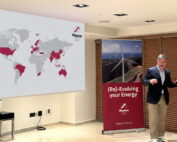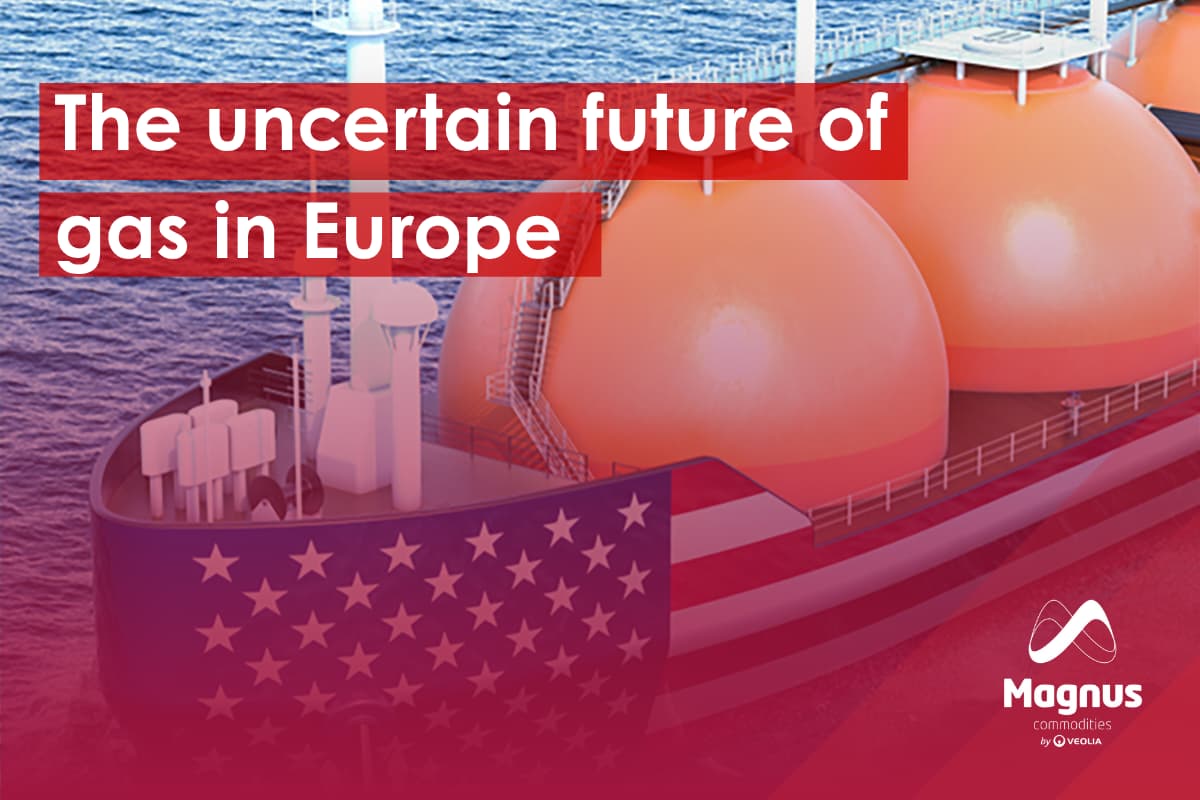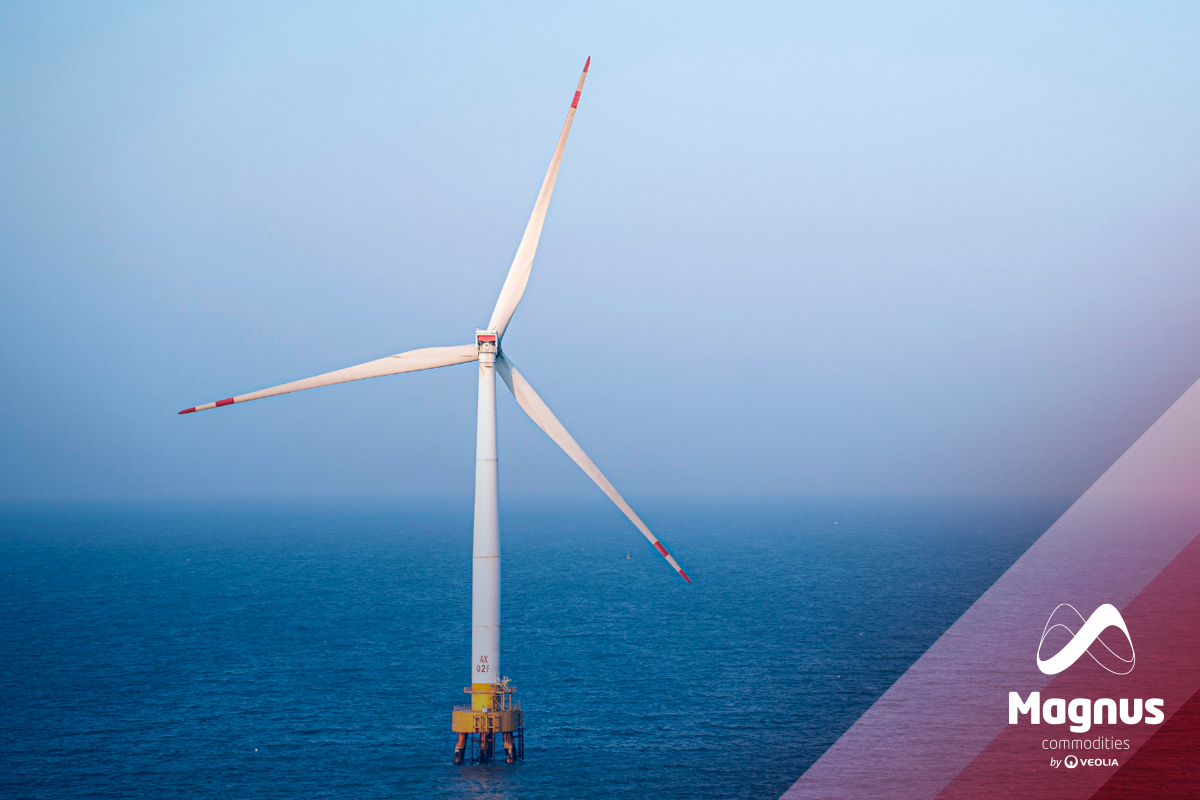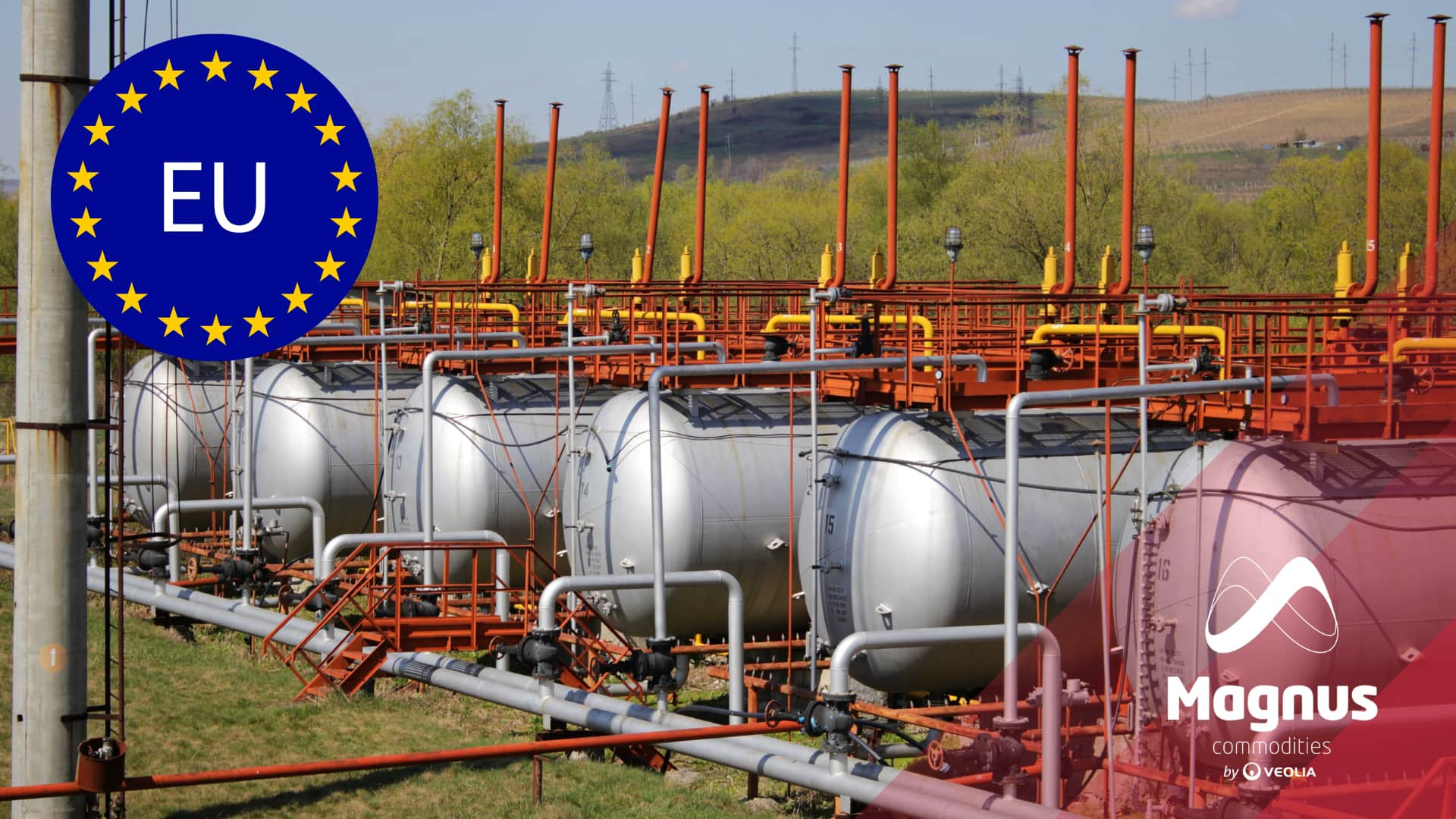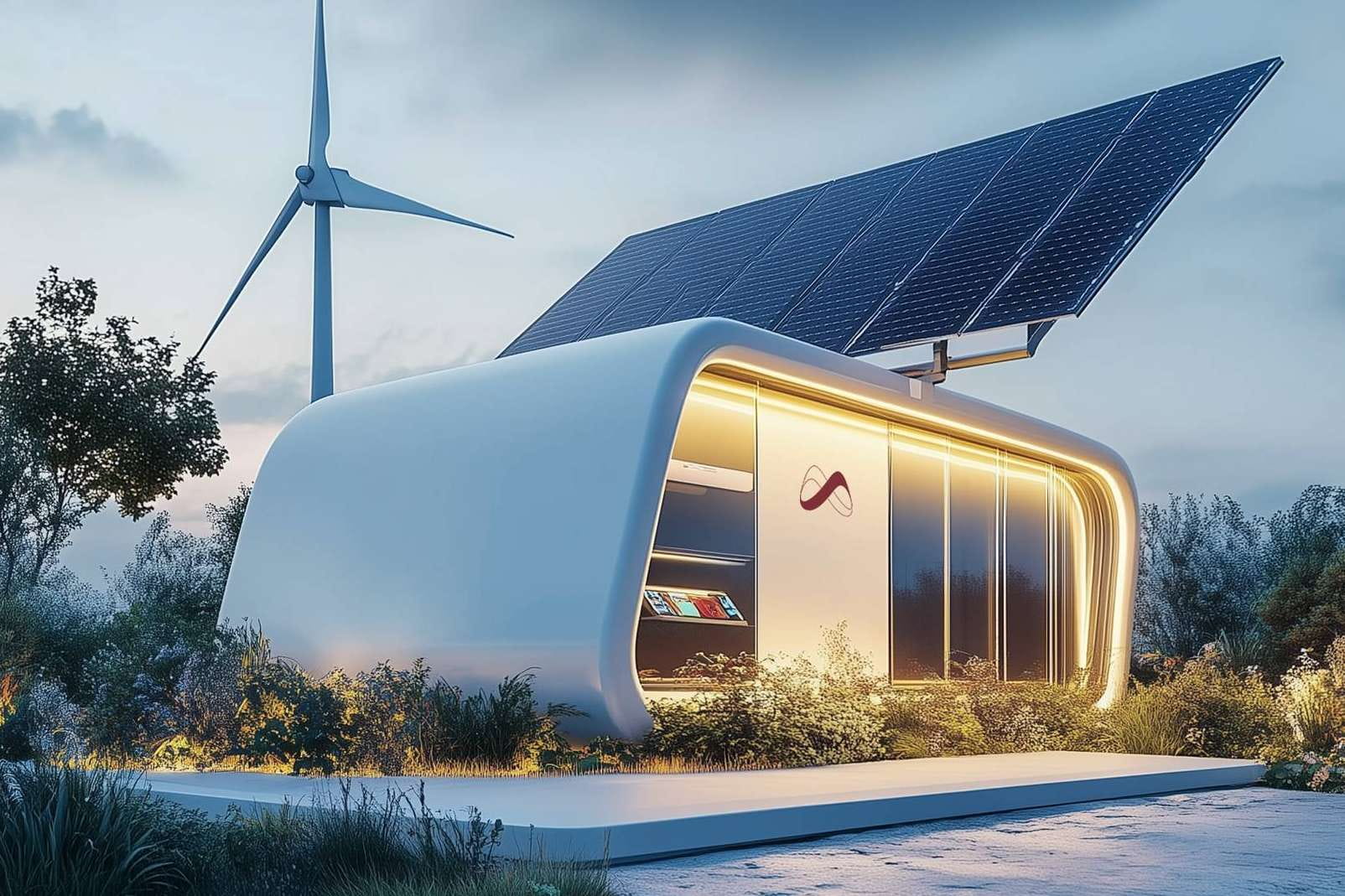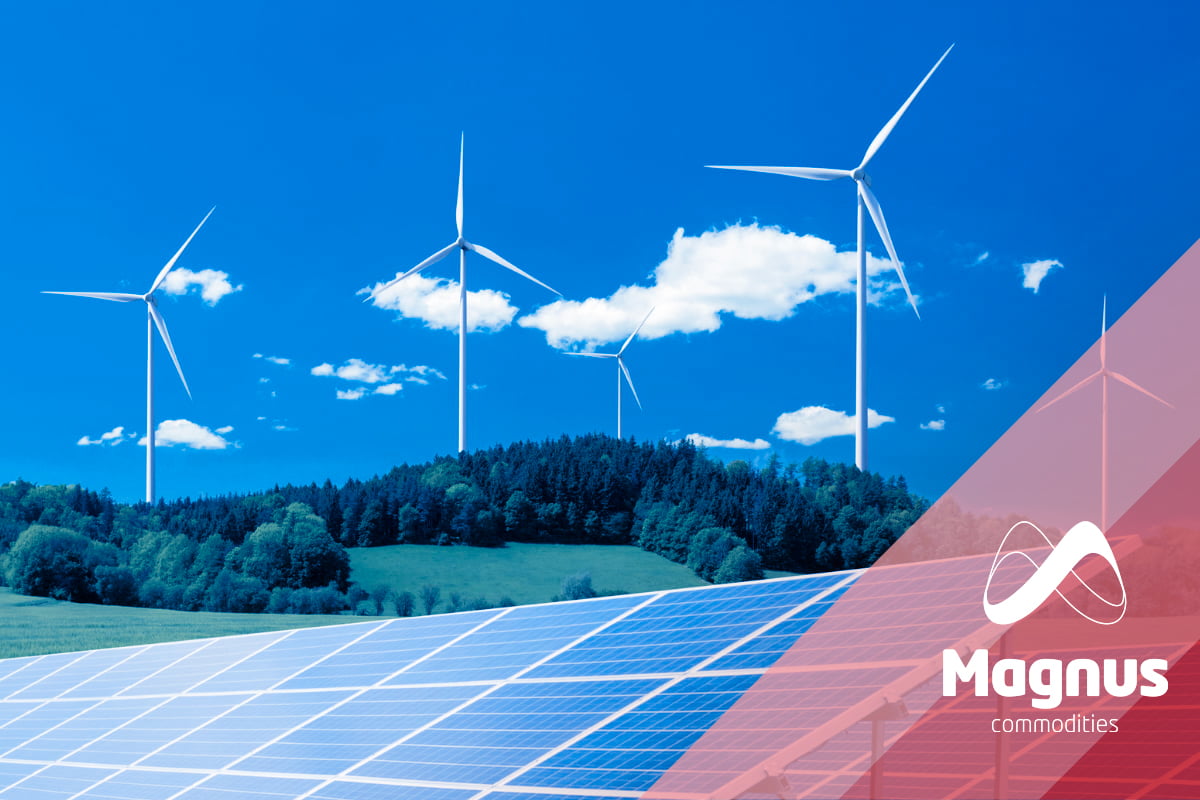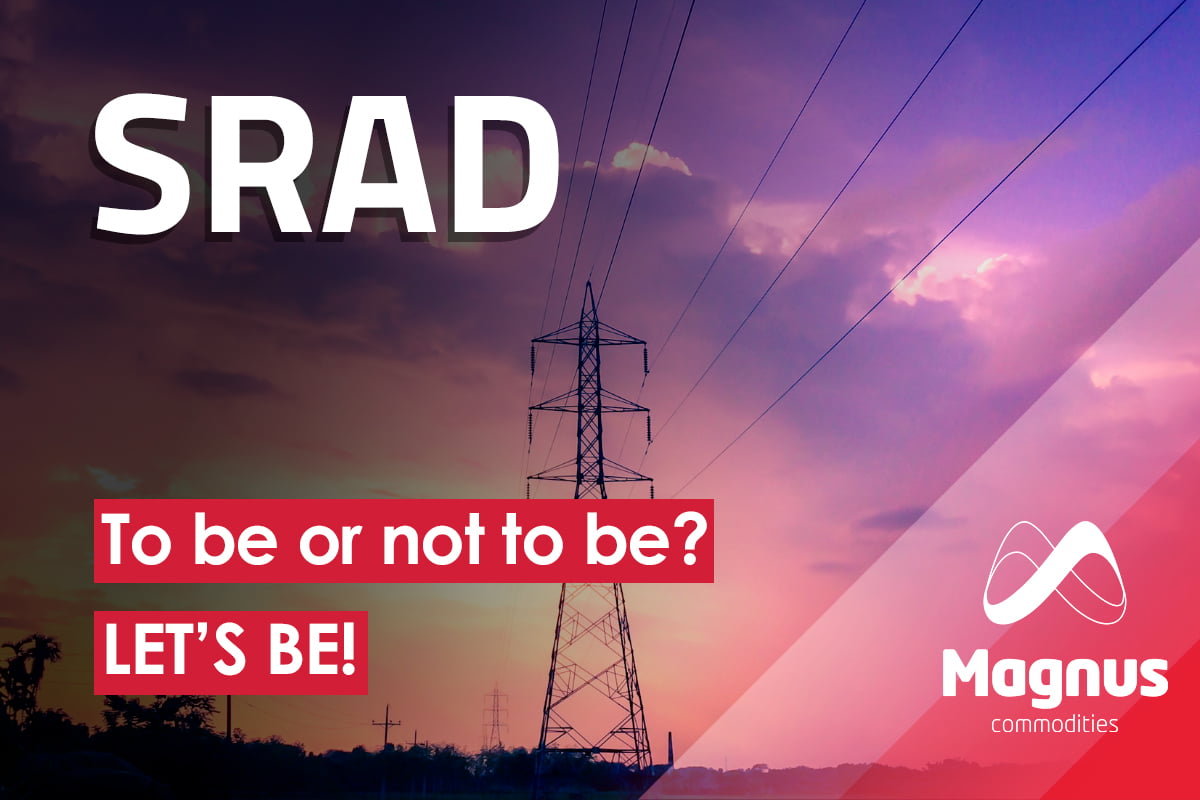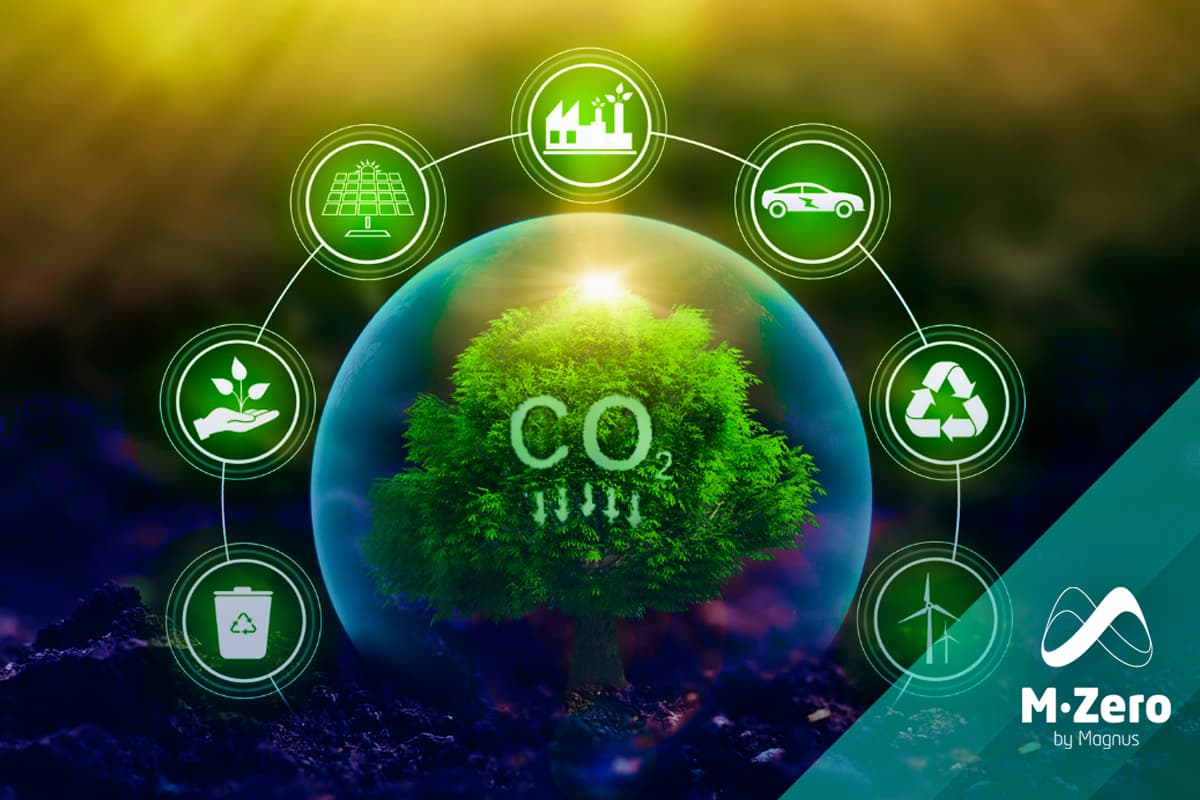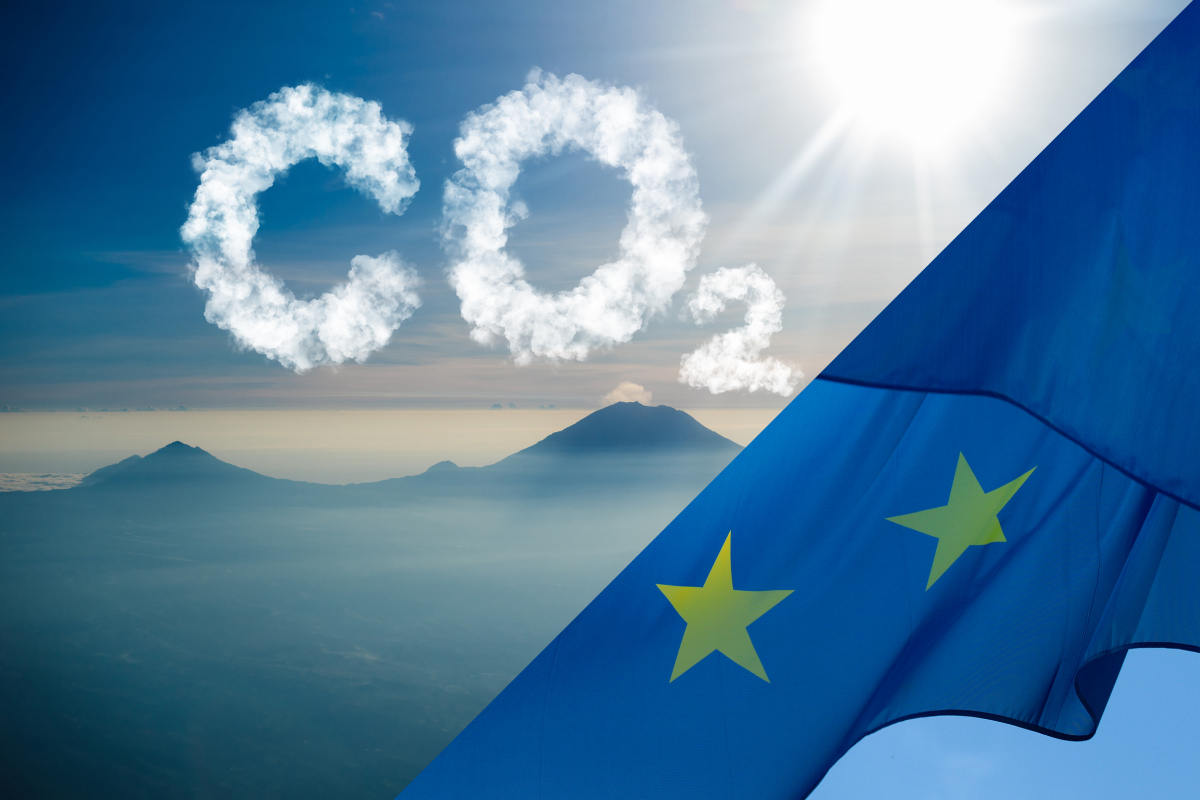
The transition to a completely decarbonized economy depends on a series of factors identified in the Government’s energy planning: Integrated National Energy and Climate Plan (PNIEC) 2021-2030, Long-Term Decarbonization Strategy 2050 and Draft Climate Change Law and Energy Transition. The objective is to achieve decarbonisation in the most effective and efficient way possible, enabling the necessary regulatory framework for the electrification of the economy. For the success of the decarbonization process, efficiency improvement and generalization of renewable energy, the price signals perceived by consumers and investors are fundamental, as well as the certainty regarding the financial sustainability of the electricity system. Only if there is a balance between income and costs will the investment required in the next decade be attractive.
The Government launched in mid-December 2020 the draft Law for the creation of the National Fund for the Sustainability of the Electricity System (FNSSE). It is a very transformative measure for the energy sector, but not innovative since it proposes a solution that has been requested from the electricity sector repeatedly. This shift in energy policy responds to three objectives: to avoid increases in the price of electricity, to give clear signs of electrification of the economy and to provide certainty, sustainability and balance to the system that will allow the mobilization of the necessary investments in the coming years. FNSSE is thus key to the evolution of the energy transition with the three proposed objectives that seeks to clarify the future of the energy sector for both investors and consumers.
Next, we will explain in detail what it is, who finances it and how it has been perceived in the sector.
CHARACTERISTICS OF THE FUND
In recent years, the electricity bill has become more expensive due to an anomalous financing of environmental policies, which exclusively electricity supported even though the objectives associated with the energy transition are set based on the consumption of all kind of energies. The inadequate financing of environmental policies has made the Spanish electricity bill the fifth in Europe that bears the most charges and taxes.
FNSSE proposes to finance the policies to promote renewables, cogeneration and waste, among all energy vectors (electricity, oil and gas), in proportion to their sales and with a progressive implementation through a linear calendar of 5 years. A proposal in line with the measures that have been adopted in other neighbouring countries:
- Germany has implemented a tax reform where fossil fuels contribute to financing renewable energies, thus reducing the rate that electricity consumers paid exclusively on their bills.
- France has also carried out a reform in this regard, with a CO2 tax levied on coal, natural gas, and oil products, in proportion to their CO2 emissions. The money raised is used to finance renewables, so that all energy contributes.
- Other countries such as Denmark are also taking steps to implement fiscal reforms based on the “polluter pays” principle, introducing a tax on CO2 emissions.
FNSSE will therefore finance the costs associated with the specific remuneration scheme for renewables, cogeneration and waste (RECORE), eminently fixed, which will no longer be part of the electricity bill and which the government expects to be around 6,500/7,000 million euros in 2025, similar to the current one.

Source: MagnusCMD
As a consequence of progressively distributing the fixed cost of RECORE among all energy marketers instead of only assigning it to final electricity consumers, the latter’s will see their electricity bill reduced by approximately 10%, and at the same time, the most polluting vectors will increase in price. Although it is true that the electricity consumer will continue to pay almost 50% of these costs in 2025, the proposed reduction is significant. In the next 5 years, it will be possible to see reductions in the electricity bill of the households close to 13% thanks to the decrease in charges.
FUNDING OF THE FUND
Now the contribution falls directly on the final consumers of electricity, but with the FNSEE the contribution will come from all energy sectors suppliers, who will contribute to the fund based on their sales.
FNSSE is an instrument that will be nourished by the contributions of the operators of the energy sectors defined as obligated subjects (natural gas and electricity trading companies, wholesale petroleum product operators, wholesale liquefied petroleum gas operators), major and direct consumers of the above products), the collection of taxes regulated in Law 15/2012 and the income from CO2 auctions (€ 2,500M / year). In addition, it may be complemented with resources from community funds and other items consigned in the General State Budgets (PGE).
On the other hand, the fund provides exemptions and compensation for sectors with less adaptability:
- Exemptions: electricity consumption for storage, agricultural diesel, natural gas for cogeneration and electricity generation, kerosene for aviation, diesel for navigation and fishing (except pleasure boats), as well as the percentage of mixtures of bios in fuels and renewable gases in natural gas.
- Allowances for the possible indirect costs that could be derived on consumers by FNSSE: diesel for professional uses and for the electro-intensive industry and natural gas consumer belonging to sectors at risk of “carbon leakage”.
Finally, FNSSE will be managed by the Institute for Energy Diversification and Saving (IDAE).
FUND OUTLOOK
The idea is simple, with meaning and coherence. The proposed mechanism distributes the cost of renewables, cogeneration and waste among all energy vectors: electricity, natural gas and oil based on their sales. Everyone must contribute to change to reduce pollution.
It does not make sense for the electricity consumer to bear practically all the costs of decarbonisation just because the energy vector chosen for said change was electricity, a change that represents a benefit for all in terms of climate change. If the requirement of European Directive 28/2009, which referred to all final energy demand, had been correctly applied, electricity users would have saved more than 30,000 million euros in this time. Even if they had been paid in the final fuel bill, at least it would be under the accepted principle of “polluter pays.”
It is also inconsistent that the electricity sector, which is the energy sector that has reduced its emissions the most until today, and will continue to do so, is the one that pays the most for seeking to decarbonise the system. Currently electricity pays 8 times more taxes than gas in relation to its emissions, and 50% more than gasoline, the latter causing most of CO2 emissions.
The idea favors the reduction of the electricity bill. In the short term, the energy consumer will have zero impact because consumer will see electricity prices go down and prices of other energy sources (hydrocarbons) rise in a zero-sum exercise, but in the long term the consumer will have a lower cost. FNSEE makes electrical technologies more competitive thus favoring electrification, then, the consumer will tend to decarbonize their environment and rely more on a consumption not only more electrical but lower in volume terms thanks to energy efficient policies. In such a way that national electrointensive consumers and the industry in general will be more competitive.
That said, it is true that many agents think that the idea could be more ambitious. The CNMC proposed that the reference should be the volume of C02 emissions instead of the sales of suppliers. Others, such as the committee of experts, propose that the moment should be seized and the tax reform of the energy sector should be reviewed. The report that the experts produced, and which will continue to be well guarded so that it is not lost, concluded that fiscal policy was the best instrument to achieve the Paris objectives. It would be the last move to finish promoting decarbonization through electrification.
If you found it interesting, please share it!
Recent Articles



